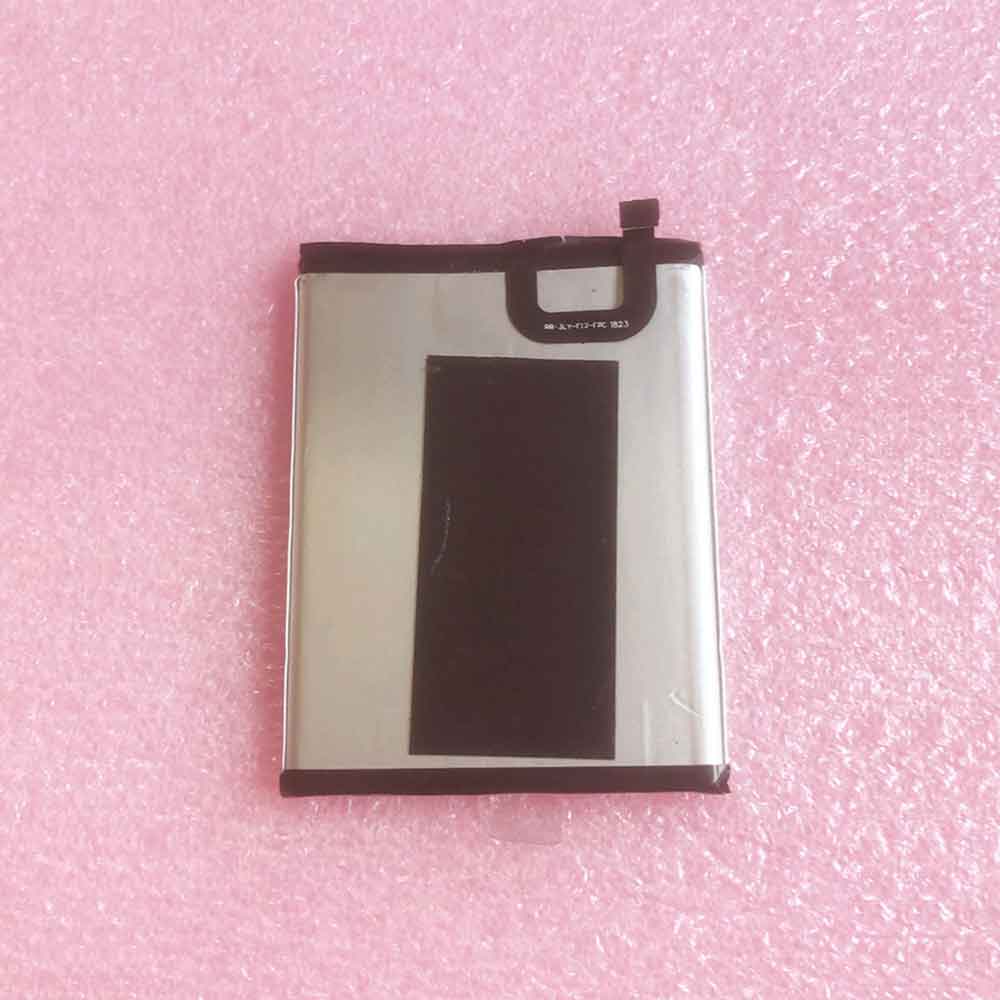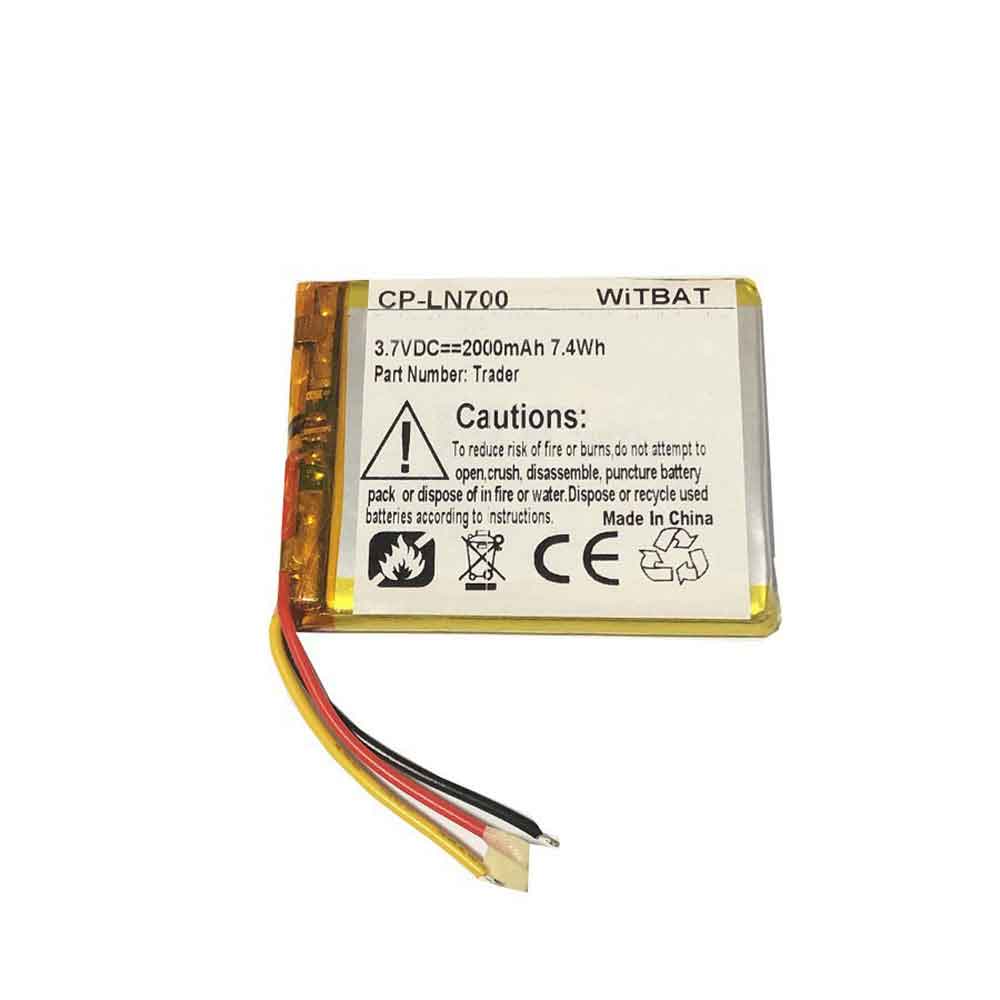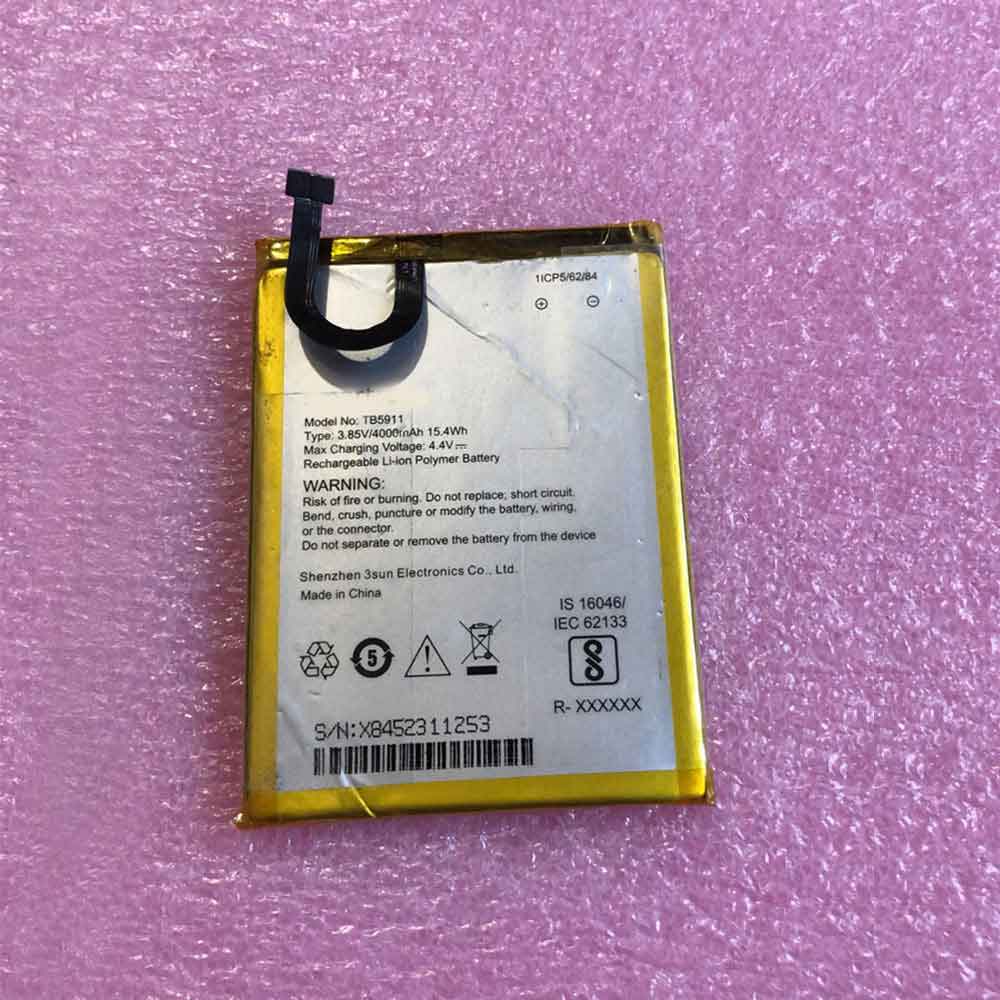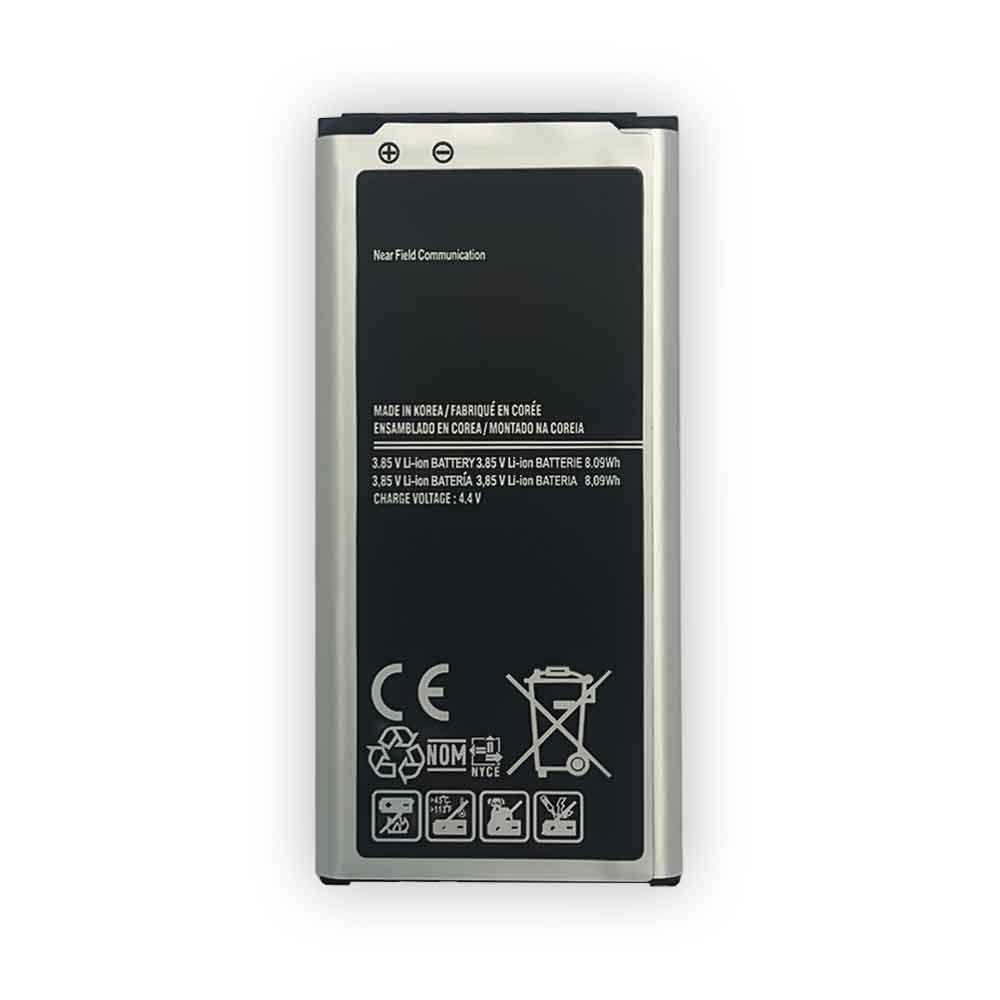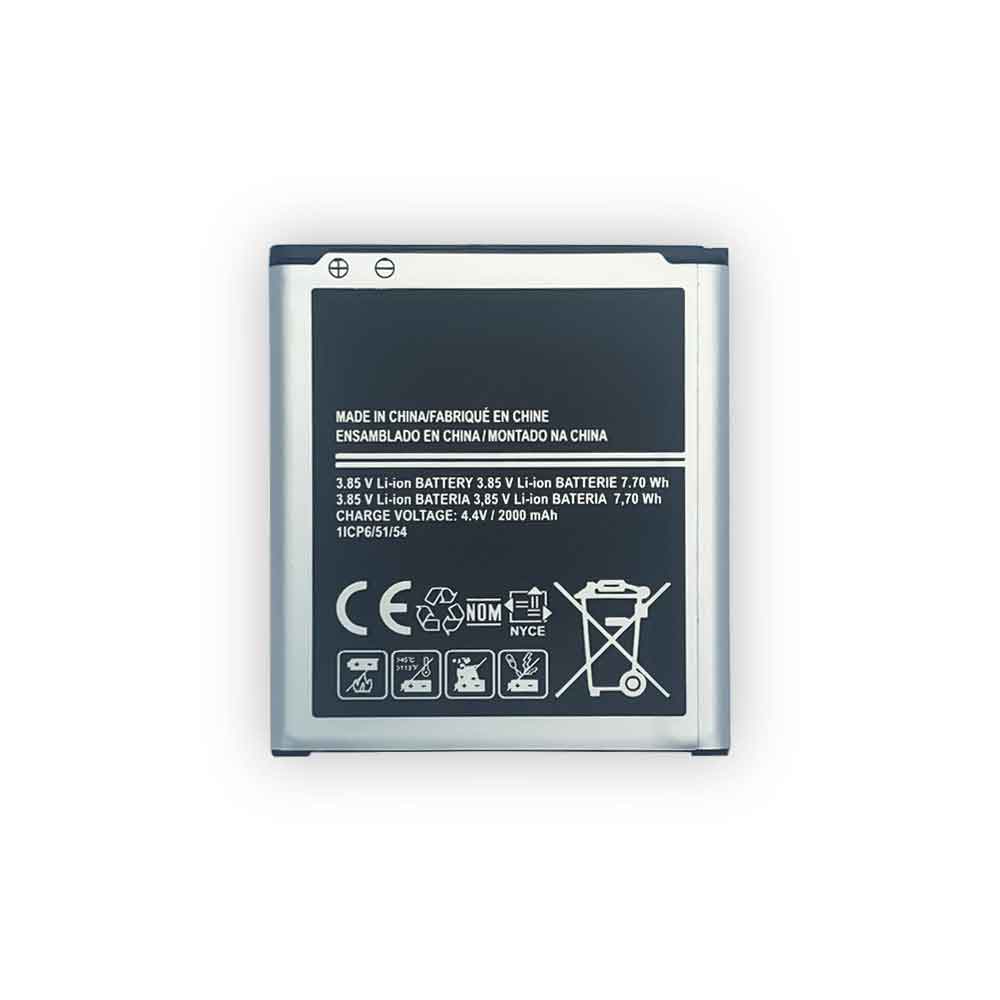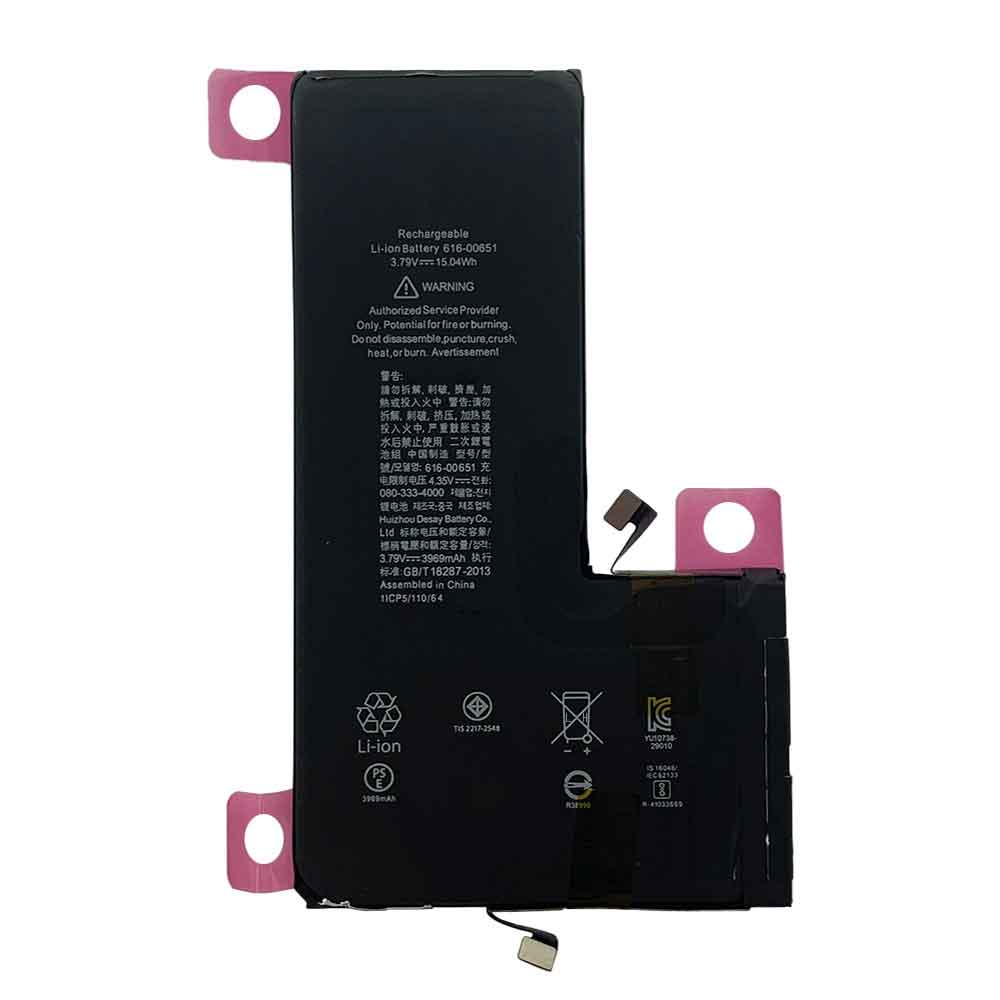Since we all use appliances and items that run on or use batteries, most of us have probably encountered an overcharged battery. In general, these batteries can be cumbersome and sometimes may not even realize their batteries are overcharged. This dilemma has led to a lot of questions about the safety and use of overcharged batteries.

Can an overcharged battery explode?
It depends on the type of battery
There are many types of batteries, and not all of them will explode. Some batteries, such as lead and sulfuric acid, can explode because they start to spark when overcharged; if both oxygen and hydrogen are present during the spark, it can cause a catastrophic reaction, possibly emitting shrapnel and acid mist nearby.
While it is well known that the type of battery is the main determining factor, we should keep in mind that the environment also plays a role. E.g:
Heat makes the battery more likely to explode.
Depending on the user’s usage, the battery may or may not explode.
Smartphone Batteries No Longer Exploding
It’s important to remember that smartphone batteries are unlikely to explode these days unless your model is fairly old. That’s because today’s batteries are “smart batteries,” meaning they’re designed in a way that greatly reduces the power input they receive, and when the phone’s battery reaches 100 percent, they have a minimal charge capacity. This was done because previous lithium-ion batteries would overcharge and explode, damaging not only the phone but the owner as well. This battery system has since been developed.
Do overcharged batteries work?
You need to know if an overcharged battery works. Unfortunately, the answer to this question is rather ambiguous and needs to be explored a bit:
Inconsistencies can occur with overcharged batteries
It might work if your battery is overcharged, but there will be inconsistencies. By inconsistency I mean:
From time to time you will hear sparks from the battery which may also affect the performance of the objects you are using. If you’re using a device with a screen, you might notice it fluctuates a bit. From time to time, your device may also shut down because it can’t handle too much charging.
You need to understand that an overcharged battery doesn’t mean better performance. Wiring has capacity, and if it receives more than it can handle, it will only damage, not improve.
There is a threat of burning equipment components
If you’re using an overcharged battery, your device may work but end up causing damage to your object’s components, especially due to burns. This means that using an overcharged battery is not sustainable.
In some cases availability may not exist
Some devices may not be designed in such a way to accept overcharged batteries. Also, some batteries may have a malfunction feature that stops use when overcharged. All of this is ultimately to protect wiring and components.
How to fix an overcharged battery?
Consider discharging and charging again
One of the main solutions to “fix” overcharged batteries is to discharge them first and charge them again, but this time to a normal amount. This is a good strategy because overcharging can be devastating, and if you discharge it and bring it back to normal, it will make your battery fully usable again without technical issues.
There are many ways to discharge a battery, so some precautions must be taken:
Most batteries can be discharged in various ways, not all of which are safe or ideal for them.
Damage may be irreversible
While a discharged battery can be reused, it should be noted that during overcharging, there is also some potential damage to the battery itself, making the battery unfit for use. In this case, you may not be able to reuse the battery unless you replace its components. However, just buying a new battery is better than simply replacing components.
>>>>>>>>>>>>>>Battery
Thanks for reading, hope it helps!
Friendly reminder: If you need to replace the battery, this battery store will be a good choice: www.batteryforpc.co.uk

